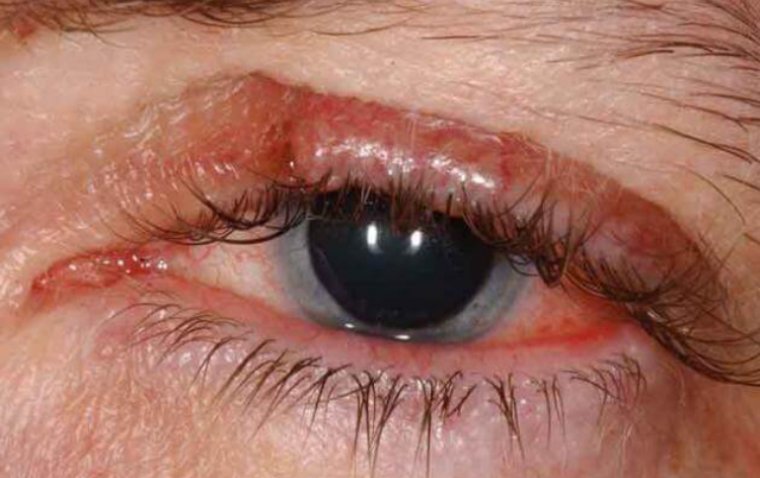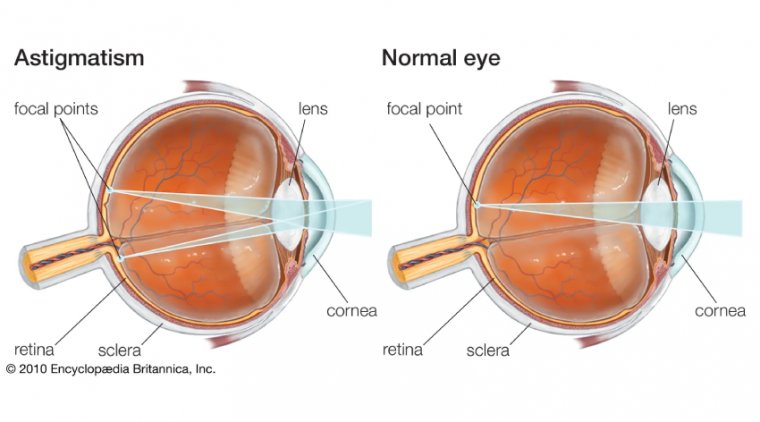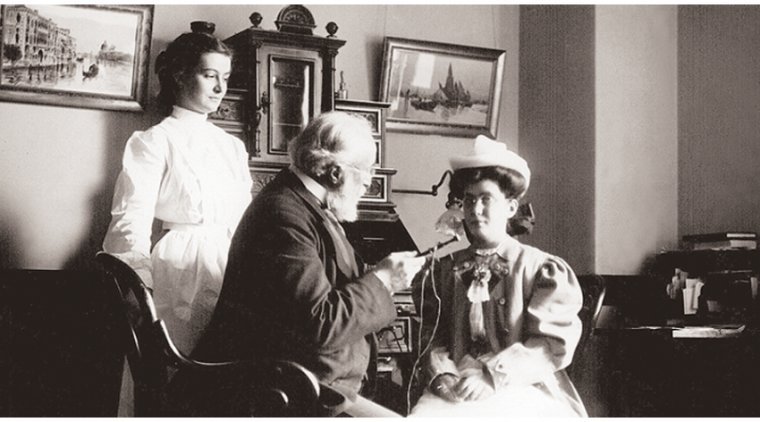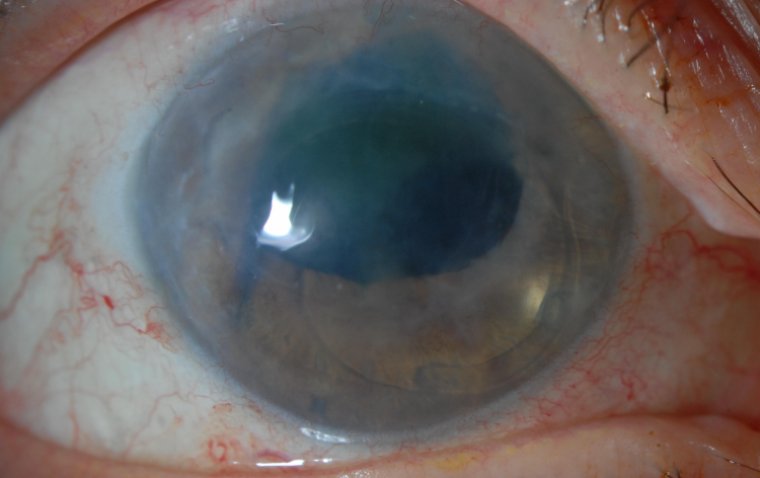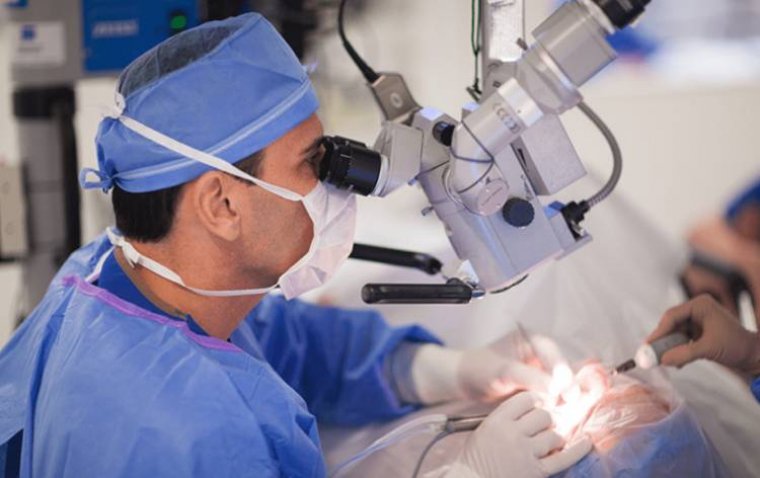
Your Complete Guide to Cataract Surgery in 2024
Cataract surgery is a safe, effective procedure that improves vision by removing cloudy lenses from the eyes and replacing them with artificial lenses. As technology advances and techniques improve, understanding the nuances of cataract surgery is crucial for anyone considering this life-changing procedure. This guide will delve into the essential aspects of cataract surgery, including its benefits, costs, recovery, and much more.
What is Cataract Surgery?
Cataract surgery involves removing the eye's natural lens, which has become opaque, and replacing it with a clear artificial lens called an intraocular lens (IOL). This procedure restores clear vision to individuals who have experienced vision loss due to cataracts.
Explore the history of cataract surgery here.
The Benefits of Cataract Surgery
Cataract surgery is highly beneficial, offering numerous advantages such as:
● Restored Vision: The most immediate and significant benefit is the restoration of clear vision. Many patients return to activities such as driving, reading, and using a computer with ease.
● Enhanced Quality of Life: Improved vision leads to a better overall quality of life. Patients often experience greater independence and safety.
● Brighter and More Vibrant Colors: Cataract surgery can dramatically enhance color perception, making colors appear more vibrant.
● Reduced Dependence on Glasses: Modern cataract surgery and advanced IOLs can reduce the need for glasses or contact lenses post-surgery, enhancing the overall cataract surgery benefits.
Types of Cataract Surgery
There are specific surgical types like Phacoemulsification, ECCE, and ICCE. it's important to note that modern cataract surgery generally involves using high-frequency ultrasound devices or laser-assisted methods to remove the cloudy lens. These methods are designed to be minimally invasive and maximize patient comfort and recovery speed.
Dive into our comprehensive guide exploring the various types of cataract surgery:
● Intracapsular Cataract Extraction (ICCE)
● Extracapsular Cataract Extraction (ECCE)
Preparing for Cataract Surgery
Choosing the Best Cataract Surgeon
Selecting the right surgeon is critical for ensuring the best outcomes from your cataract surgery. Consider the following when choosing your surgeon:
● Experience and Expertise: Look for a surgeon with a proven track record in performing various types of cataract surgeries.
● Technology and Techniques: Ensure that the surgeon uses the latest technology and follows modern surgical techniques.
● Patient Reviews: Read reviews and testimonials from other patients to gauge the surgeon's reputation and the satisfaction level of previous patients.
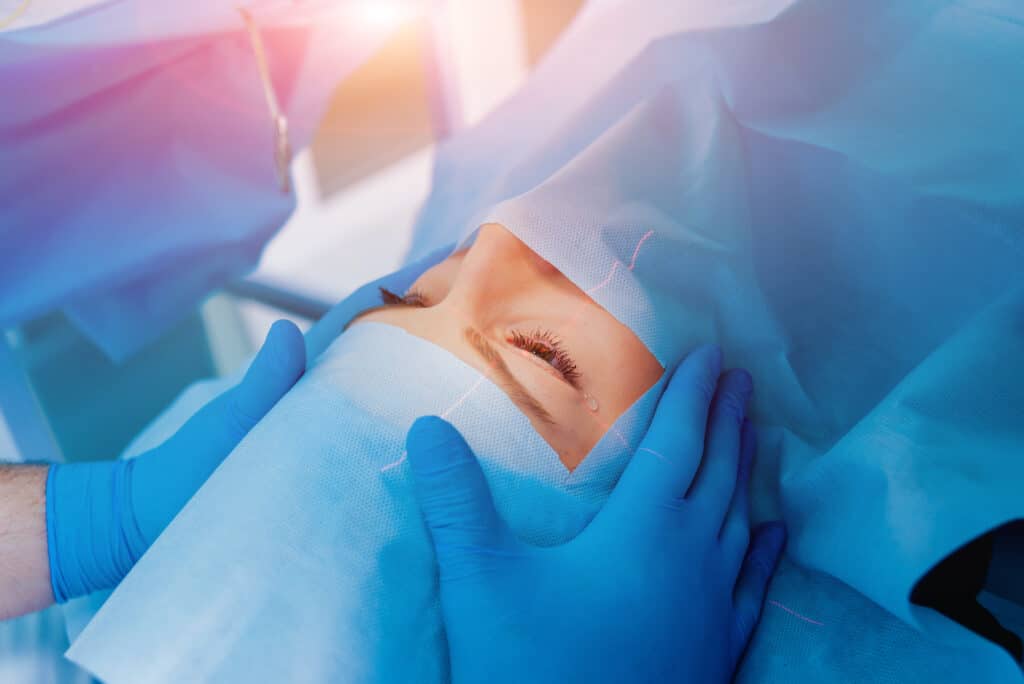
Understanding the Cost of Cataract Surgery in 2024
The cost of cataract surgery can vary significantly based on several factors, including the type of IOL used, the surgical method chosen, and geographic location. On average:
● Standard Cataract Surgery: Costs range from $3,000 to $5,000 per eye, making understanding the cataract surgery cost vital for budgeting.
● Laser-Assisted Cataract Surgery: This can be slightly higher, ranging from $4,000 to $6,000 per eye.
● Insurance and Medicare: Most insurances and Medicare can cover the standard portion of cataract surgery, but additional costs for advanced IOLs or laser techniques might be out of pocket.
The Cataract Surgery Procedure
How Long Does Cataract Surgery Take?
Cataract surgery is a quick procedure, typically taking about 10 to 30 minutes per eye. However, including preparation and recovery time, patients can expect to spend a few hours at the surgical center.
During the Surgery
Here’s what happens during the procedure:
● Anesthesia: To ensure comfort, local anesthesia is applied to numb the eye area.
● Corneal Incision: A small incision is made in the cornea to allow the surgeon to access the cloudy lens.
● Lens Removal and Replacement: The cloudy lens is fragmented using ultrasound or a laser and removed. Then, a clear IOL is inserted in its place.
After Cataract Surgery
Recovery Process
Cataract surgery recovery is generally quick and uncomplicated. Most patients notice improved vision within a few days, although complete healing can take 4-6 weeks. During this time, patients are advised to:
● Avoid Strenuous Activities: For at least a few weeks, avoid heavy lifting and strenuous activities to prevent complications and ensure smooth cataract surgery recovery.
● Follow-Up Visits: Attend scheduled post-operative visits so your surgeon can monitor your healing.
● Use Prescribed Eye Drops: To help prevent infection and inflammation, use the eye drops as prescribed.
.jpg)
Potential Risks and Side Effects
While cataract surgery is safe, like any surgical procedure, it comes with potential risks and side effects, including:
● Infection and Bleeding: Though rare, infection and bleeding can occur, requiring prompt medical attention.
● Swelling and Discomfort: Some swelling, bruising, or discomfort around the eye is normal and usually temporary.
● Posterior Capsule Opacification (PCO): Sometimes known as a secondary cataract, PCO can occur months or years after surgery, which can be treated with a quick laser procedure.
Patient Experiences and Reviews
Cataract surgery has one of the highest success rates among surgical procedures. According to patient reviews and clinical data, over 95% of patients who undergo cataract surgery experience a significant improvement in their vision. Here are some real patient experiences:
1. Barbara Oukrop's Experience
Summary: Barbara underwent cataract surgery using the Light Adjustable Lens (LAL) and was thrilled with the outcome. Before the surgery, she was dependent on reading glasses due to a failed conductive keratoplasty procedure. After her surgery and light treatments to adjust her LAL, Barbara's vision improved significantly, and she rarely needed her reading glasses.
Quote: "Oh my god, it's amazing! I'm out of my glasses, and I'll never go back to having bad vision," she exclaimed. "I used to have to wear glasses for everything; now I almost never need my readers. I’m so thankful I got it done."
Source: Florida Eye Specialists
2. Patient Satisfaction Based on Ratings:
Summary: With a patient satisfaction rate of 92% based on 783 ratings, cataract surgery is shown to be highly effective. Most patients rate their experience positively, with the majority giving five stars.
Quote: "Cataract surgery improves vision and quality of life for the vast majority of patients, with many reporting significantly enhanced visual clarity post-surgery."
Source: Real Patient Ratings
3. Review from Cleveland Clinic's Overview:
Summary: Cataract surgery is one of the most common and successful procedures worldwide, with about 97% of patients experiencing improved vision. The process is quick, usually taking about 10 to 15 minutes, and most patients notice significant vision improvement shortly after the procedure.
Quote: "After surgery, you can expect to enjoy sharper, clearer vision and be less bothered by glare. Colors appear more vividly, and many rely less on glasses."
Source: Cleveland Clinic
By reviewing these patient stories and data, you can see that cataract surgery is a reliable option for restoring vision and improving daily life for those affected by cataracts.
Common Questions About Cataract Surgery
What Are the Typical Cataract Surgery Risks?
While the procedure is generally safe, cataract surgery risks can include minor side effects like mild irritation and redness, as well as more severe complications such as infection or lens displacement. However, these risks are minimal with modern cataract surgery techniques.
What Age Is Best for Cataract Surgery?
There is no universal "best" cataract surgery age. Surgery is recommended when cataracts interfere with daily activities or cause dangerous vision problems. Most people get cataract surgery at an older age, but it can be performed safely on adults of any age.
How Should I Prepare for After Cataract Surgery?
Post cataract surgery care involves using eye drops as prescribed, avoiding strenuous activities, and protecting your eyes from bright light and physical harm. Regular follow-up visits with your doctor are essential to monitor the healing process.
Conclusion
Cataract surgery is a transformative procedure that can significantly improve your vision and quality of life. By understanding the types of surgery, the benefits, potential risks, and recovery process, you can make an informed decision about whether it’s the right option for you. Always consult with a qualified eye surgeon to get personalized advice and to ensure the best results from your cataract surgery.
(1).jpg)
